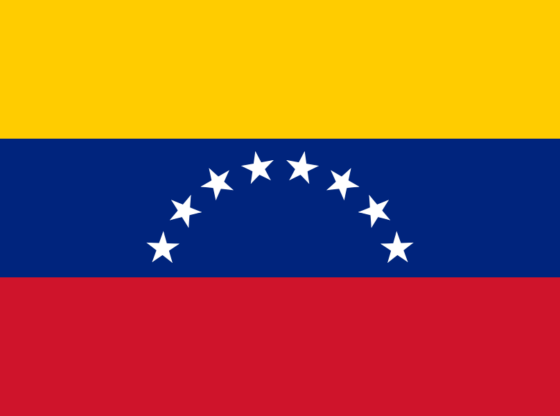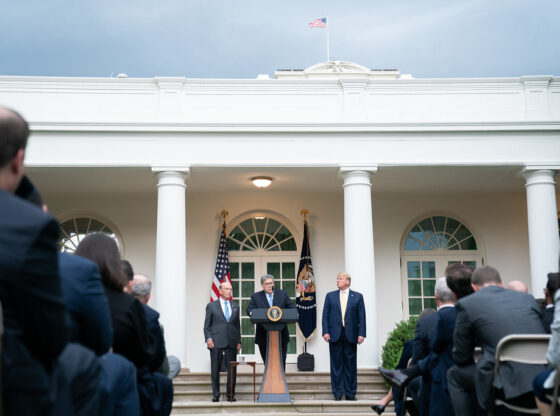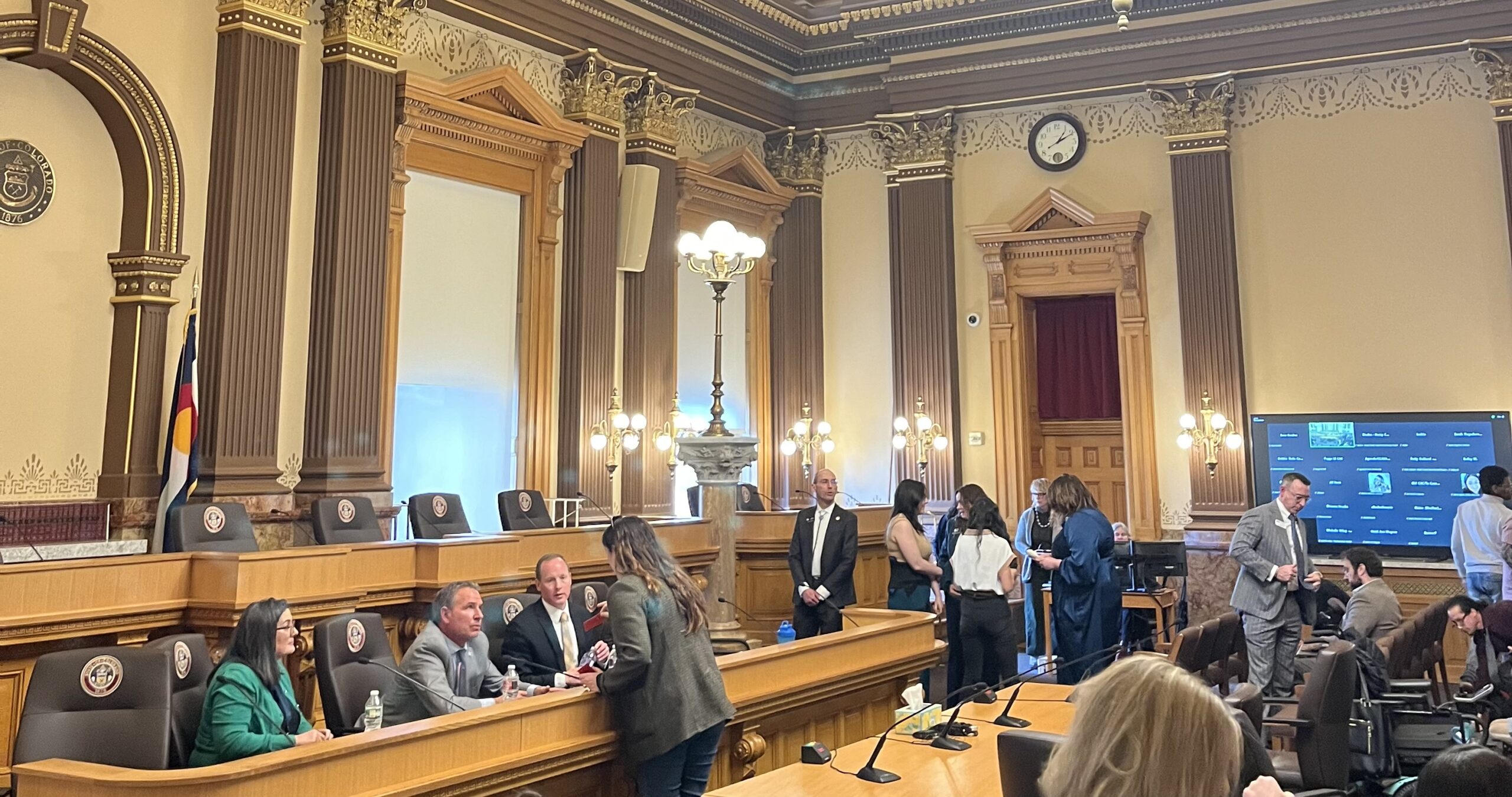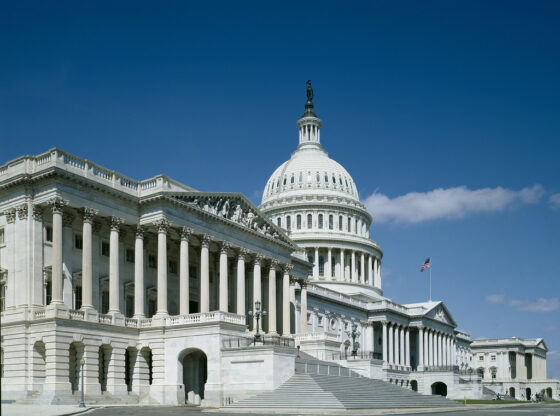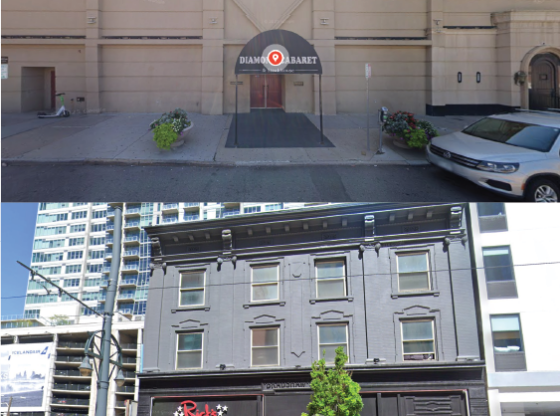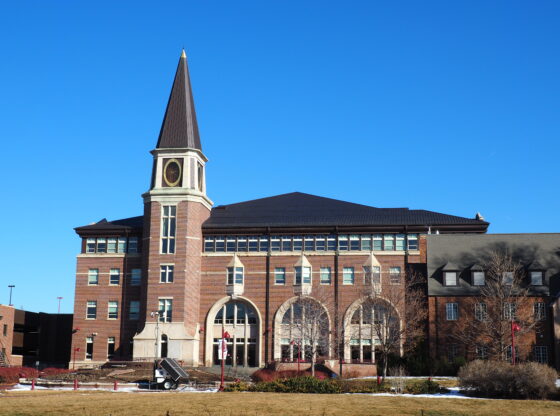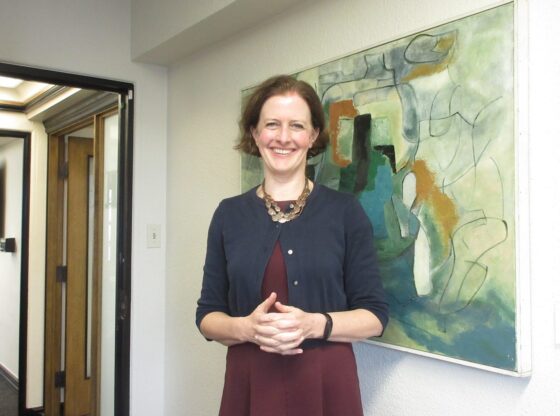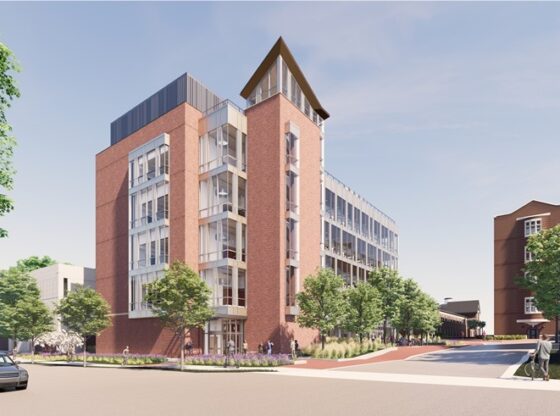Kelly Gauger, deputy director of the office of refugee admissions with the U.S. State Department visited campus two weeks ago, and she spoke to students about work being done in refugee resettlement both nationally and internationally.
She met with approximately 20 students in the Cyber Cafe at the Korbel School of International studies to discuss her work and answer their questions.
She also sat down with the Clarion to discuss her work at the State Department.
“Denver is one of our very strong refugee resettlement sites in the U.S.,” said Gauger. “We currently have four resettlement agencies in Denver that receive funding from our office.”
However, efforts in refugee resettlement do not only come from the state department and regional agencies, but have seen a strong contribution from the DU campus, according to Peter Van Arsdale, director of African initiatives at the Korbel School of International Studies.
“DU and other members of the community are very active in refugee events,” said Van Arsdale. “During any calendar year there will be half a dozen interesting events.”
Each year about 70,000 refugees are relocated to the U.S. because they are in danger of persecution in their home country. The Refugee Admissions Office homepage defines refugees as “having a well-founded fear of persecution based on one of the five protected grounds of religion, race, nationality, political opinion or membership in a particular social group”. Those deemed in need of relocation are brought to the U.S. and integrated, often including being put on a path to citizenship.
Denver received 1878 refugees in 2011 and was projected to receive 2000 in 2012, according to the Colorado Department of Human Services.
Gauger said the metro area of Denver is unique from other cities in the services it offers refugees.
“Colorado, for whatever reason has a lot of very innovative programs in place for refugees,” said Gauger. “I would say that Colorado is…one of our most innovative and really most successful states in terms of refugee resettlement.”
Gauger said Denver is set apart from other cities by the number of services it offers that are attuned to specific needs of refugees including mental health, education, employment and others.
“It’s not just looking at their immediate needs, but also looking at their wider needs,” said Gauger. These needs include their employment needs, social skills, mental health services and physical health needs.
DU, and particularly the Korbel School of International Studies, has also added unique and specific contributions to immigrant issues according to Van Arsdale.
The university has been involved not only in hosting refugee events, but has also contributed research including the Collaborative Refugee and Immigrant Information Center (CRIIC), a website of refugee-related information, briefs and resources voluntarily compiled by students.
“These haven’t been abstract theoreticians touting strange and unusual ideas, we have done a particularly good job moving beyond theory into practical applications of research,” said Van Arsdale.
He said the research has sometimes been used by the agencies in Denver to better serve the populations they work with.
“We have incorporated the applied research of a particular population onto service providers so they can better meet the needs of that population,” he said.
Van Arsdale said he personally worked on a project through the Colorado Mental Health Institute to provide research on ways to improve mental health services to refugees which they later incorporated in their practices.
He also said there are many students who have continued to study and work in a field involving refugees and resettlement, including the current director of the African Community Center in metro Denver, Jennifer Gueddiche, a Korbel graduate.
“DU has produced students who have become refugee specialists…and have gone on to serve refugees on a paid professional basis,” Van Arsdale said.
Gauger said the work being done by the Denver community, as well as other national communities, is important for ensuring refugees are able to settle in their new country.
“As much as you try to dampen people’s expectations when they’re overseas about how difficult it’s going to be…they still think they are coming to the United States, they’ve got a golden ticket, surely they’re going to get here and they’re going to have a house and a car and the American Dream,” she said.
Gauger noted the importance of volunteer work in making a community able to better receive and accommodate refugees. She said this is what has made Denver one of the nation’s stronger resettlement communities.
“Agencies rely a lot on volunteers. A lot of Americans and a lot of communities have had contact with these refugees through their church or through their schools, and they’re helping families integrate in their first couple of months,” she said.
Van Arsdale agreed.
“Refugees are not going away,” he said. “Because of the conflicted environment we live in, they are always going to be here and we have to be sensitive to them and work with them.”


